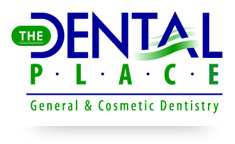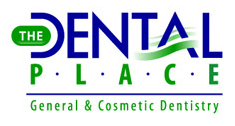08 Jul Why Early Detection of Tooth Decay is So Important
 Did you know that 99% of people will develop a cavity at least once in their lifetimes? Tooth decay is one of the most common oral health conditions and a dentist must treat it because untreated tooth decay can manifest into severe damage to a tooth.
Did you know that 99% of people will develop a cavity at least once in their lifetimes? Tooth decay is one of the most common oral health conditions and a dentist must treat it because untreated tooth decay can manifest into severe damage to a tooth.
When patients schedule regular checkups, the likelihood of catching decay in its earliest stages is very high. This is because diagnostic technology, such as X-rays, can reveal the development of a cavity long before it presents noticeable symptoms. Following is some helpful information about why early detection is beneficial to patients and how tooth decay is treated.
The Benefits of Early Detection
Detecting tooth decay early on offers many benefits to patients. From an oral health perspective, early stage tooth decay is treatable with very small restorations. This means that a patient can keep an optimal amount of biological tooth structure. Catching tooth decay early can preserve more than just tooth structure. Since advanced decay can lead to the development of severe infections that start at the root of a tooth and spread through oral tissue, treating early-stage tooth decay prevents a cavity from worsening to the point of painful and damaging infections.
Smaller restorations are far more cost effective than treatment for advanced tooth decay, especially if root canal therapy or custom restorations are required. In fact, catching any oral condition early on means that treatment is normally less invasive and costly.
Treating Tooth Decay
A tooth can’t heal itself once it has become permanently damaged. This is why cavities will deepen and affect more tooth structure the longer they go untreated. Treating small cavities is quite simple. A small restoration, called a filling, is placed over the affected area of the tooth. Receiving a filling is a short, minimally invasive treatment that will prevent further damage and protect existing tooth structure during oral function.
To schedule a checkup with one of our skilled dentists, call our office today.

